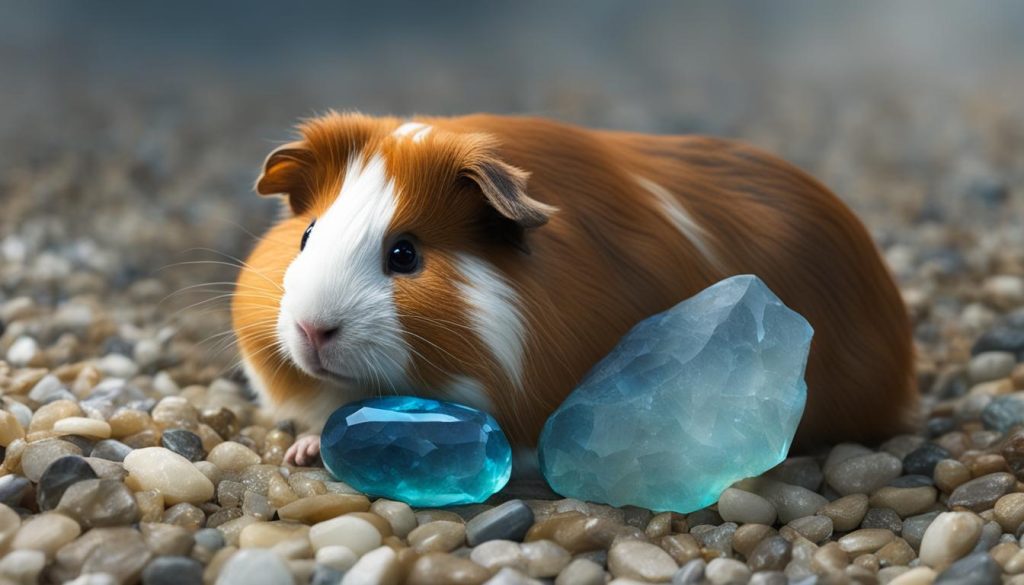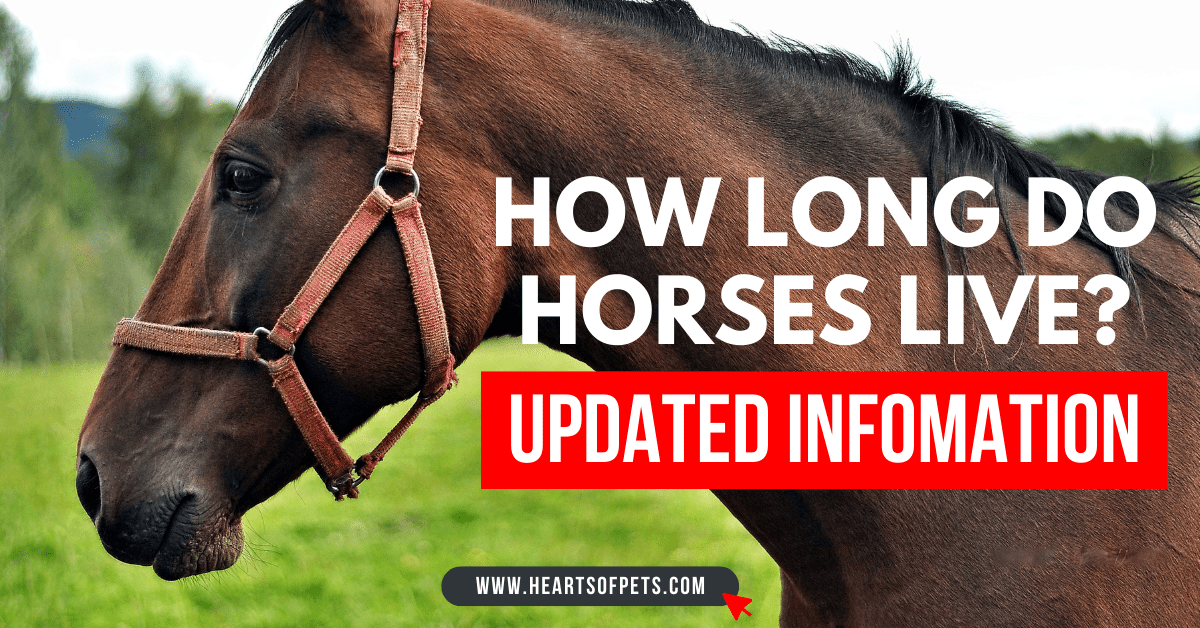Are you wondering if guinea pigs can eat celery? Well, the answer is yes! Guinea pigs can enjoy this crunchy and refreshing salad vegetable as part of their diet. However, there are a few things you should know before adding celery to your guinea pig’s menu.
Celery is relatively low in vitamin C compared to other fruits and vegetables, but it is still safe for guinea pigs to consume. It’s important to note that guinea pigs need daily vitamin C in their diet, so celery should not be their main source of this essential nutrient.
Can Guinea Pigs Eat Celery? Yes, but with caution.
- Guinea pigs can eat celery, including the leaves.
- Celery is low in vitamin C and high in oxalates.
- Feed celery to guinea pigs 2-3 times a week in small portions.
- Provide a varied diet with other vitamin C-rich foods.
- Limit celery intake for guinea pigs with urinary tract stone history.
Is Celery Safe for Guinea Pigs?
Guinea pigs can safely consume celery without experiencing any toxic effects. However, it is important to be mindful of the nutritional composition of celery and its suitability for guinea pig consumption. Celery has lower levels of vitamin C compared to other fruits and vegetables, and it is also high in oxalates. While guinea pigs require daily vitamin C in their diet, it is advisable to offer celery in moderation rather than as a main source of this essential nutrient.
In terms of guinea pig nutrition, it is vital to provide a varied diet that includes not just celery, but also other vegetables and fruits rich in vitamin C. Pellets, hay, and fresh produce should all form part of a balanced guinea pig diet. By offering a diverse range of foods, you can ensure that your guinea pig receives all the necessary nutrients for optimal health.
While celery is safe for guinea pigs, it is important to exercise caution and not feed it to them on a regular basis. Consider offering celery to your guinea pig 2-3 times a week in small portions. This will help prevent any potential issues related to oxalates and ensure that your guinea pig’s diet remains well-balanced.
The Nutritional Value of Celery for Guinea Pigs
When it comes to guinea pig nutrition, it’s important to understand the nutritional value of the foods we feed them. Celery, although not highly packed with vitamin C like some other fruits and vegetables, can still contribute to a guinea pig’s overall health. In 100g of celery, there is approximately 3.1 mg of vitamin C, which, while not a significant amount, can still provide some of the necessary daily intake for guinea pigs.
In addition to vitamin C, celery also contains other essential nutrients. It provides about 40 mg of calcium, 24 mg of phosphorus, 1.6 g of fiber, and 1.3 g of sugar per 100g. While these amounts may not seem significant, when combined with other fruits and vegetables that guinea pigs consume, celery can contribute to a well-balanced vegetarian diet for these adorable pets.
It’s important to note that guinea pigs require a diet rich in vitamin C, as they cannot produce this nutrient on their own. While celery may not be the primary source, incorporating it into their diet, along with other vitamin C-rich foods, can help ensure they receive the necessary nutrients for optimal health. Remember to always consult with a veterinarian for personalized recommendations on your guinea pig’s nutrition.
The Importance of a Balanced Vegetarian Diet for Guinea Pigs
Guinea pigs are herbivores and rely solely on plant-based diets. As such, it is crucial to provide them with a balanced vegetarian diet to meet their nutritional needs. This includes a variety of fruits, vegetables, fresh hay, and guinea pig pellets. The combination of these foods ensures that guinea pigs receive the right amount of vitamins, minerals, and fiber for optimal health.
When introducing celery or any other food into your guinea pig’s diet, it’s important to do so gradually. Start with small portions and monitor your guinea pig’s response. If any digestive issues or changes in behavior occur, it is best to consult with a veterinarian. Remember, each guinea pig is unique, and individual dietary needs may vary.
Celery and Urinary Tract Stones in Guinea Pigs
Giving your guinea pig a balanced diet is crucial for their overall health and well-being. When it comes to feeding celery to guinea pigs, it’s important to be aware of the potential impact it can have on their urinary tract. Celery contains moderate levels of oxalates, which can contribute to the formation of bladder stones in guinea pigs, especially if they are already prone to urinary tract issues.
Guinea pigs are known to be susceptible to developing urinary tract stones, and a diet high in oxalates can exacerbate this problem. Therefore, it is recommended to limit the amount of celery and other vegetables high in oxalates in their diet, particularly if they have a history of urinary tract stones.
Regular monitoring of your guinea pig’s health, including their urinary system, is essential in preventing and managing urinary tract stones. If your furry friend has a history of urinary tract issues or is showing any symptoms such as frequent urination or blood in their urine, it is crucial to consult with a veterinarian for appropriate advice and guidance.
The Importance of Consultation with a Veterinarian
When it comes to the health and well-being of your guinea pig, it’s always best to consult with a veterinarian who specializes in small animals. They will be able to provide you with personalized recommendations tailored to your guinea pig’s specific needs, including their diet and potential dietary modifications to prevent the formation of urinary tract stones. Your veterinarian can also guide you on how to monitor your guinea pig’s urine and any necessary follow-up care.

By being proactive and working closely with your veterinarian, you can help ensure that your guinea pig maintains a healthy urinary tract and overall well-being.
Feeding Celery to Guinea Pigs Safely
When it comes to feeding celery to guinea pigs, it’s important to do so in a safe and responsible manner. Guinea pigs can enjoy celery as a healthy snack, but there are a few guidelines to follow to ensure their well-being. First and foremost, guinea pigs can consume both the stalks and leaves of celery, so you can offer them a variety of this vegetable. However, it’s recommended to provide small portions, approximately a sixth of a stalk per piggy, to prevent overconsumption.
It’s also important to mix celery with other leafy vegetables and a small portion of fruit to provide a well-rounded diet for your guinea pigs. This ensures they receive a range of nutrients and flavors. Additionally, keep in mind that guinea pigs have sensitive digestive systems, so it’s crucial to remove any uneaten portions of celery from their cage to prevent spoilage. Spoiled food can lead to digestive issues and even illness in these furry friends.
By following these guidelines, you can safely incorporate celery into your guinea pigs’ diet and offer them a healthy and enjoyable snack. Remember to always monitor their overall health and consult with a veterinarian for personalized recommendations based on your guinea pigs’ specific needs.
Can Guinea Pigs Eat Celery Leaves and Stems?
Guinea pigs can safely consume celery leaves as an occasional snack. While they may enjoy the taste of the leaves, it is important to offer them in moderation due to their oxalate content. Feeding too many celery leaves could potentially lead to or worsen urinary tract stones in guinea pigs, which is a health concern for these small pets. Therefore, it is best to provide celery leaves as a treat rather than a staple in their diet.
Celery stems, on the other hand, can be given to guinea pigs in small amounts, as long as they don’t have a history of urinary tract stones. These crunchy stems can provide some additional variety to their diet. However, it is crucial to ensure that the stems are fresh and raw, as cooked vegetables may come with additional risks and potential toxicity for guinea pigs.
To offer celery leaves and stems to your guinea pigs, you can wash them thoroughly, remove any wilted or damaged parts, and chop them into small, bite-sized pieces. It is important to monitor your guinea pigs’ reaction to celery leaves and stems and consult with a veterinarian if you notice any adverse effects or changes in their health. Remember to always introduce new foods slowly to avoid digestive issues and ensure the well-being of your adorable pets.
Alternatives to Celery for Guinea Pigs
When it comes to providing a varied and nutritious diet for your guinea pigs, there are many alternatives to celery that you can include in their meals. These safe vegetables not only offer a range of flavors but also provide similar nutritional benefits. Here are a few options worth considering:
Bok Choy
Bok choy is a leafy green vegetable that is rich in vitamins A, C, and K. It is also a good source of calcium, potassium, and fiber. Guinea pigs can enjoy the crunchy stalks and the tender green leaves of bok choy, making it a fantastic addition to their diet.
Dark Leafy Lettuces
Dark leafy lettuces such as romaine, green leaf, and red leaf lettuce are excellent alternatives to celery. These lettuces are packed with essential nutrients like vitamin C, vitamin A, and folate. Remember to rinse the leaves well and offer them to your guinea pigs in moderation.
Dandelion Greens
Dandelion greens are not only safe for guinea pigs but are also a great source of vitamins and minerals. These leafy greens are high in vitamin C, vitamin A, and calcium. You can find dandelion greens in your backyard or purchase them from a trusted source. Just make sure they haven’t been treated with any pesticides or herbicides.
These are just a few examples of safe vegetable options that you can substitute for celery in your guinea pig’s diet. Remember to introduce new foods gradually and observe your pets for any signs of digestive discomfort. Providing a varied and balanced diet will help ensure your guinea pigs receive all the necessary nutrients for their optimal health and well-being.
Conclusion
When considering the guinea pig diet, it is safe to include celery as an occasional part of their balanced nutrition. While celery may not provide a significant amount of vitamin C, which is essential for guinea pigs, it can still be enjoyed by them in small portions as a healthy snack. However, due to the high oxalate content, it is important to feed celery in moderation to prevent urinary tract stone issues.
For optimal health and wellbeing, it is crucial to offer a varied diet that includes other vegetables and fruits rich in vitamin C. This ensures that guinea pigs receive all the necessary nutrients and maintain a healthy lifestyle. Pellets, hay, and fresh fruits and vegetables should all be included as essential components of a guinea pig’s diet.
Remember, regularly monitoring your guinea pig’s diet and consulting with a veterinarian are vital to ensure their overall wellbeing. By following these guidelines, you can provide your furry friend with a well-rounded and nutritious diet that includes celery as a tasty treat.
FAQ
Can guinea pigs eat celery?
Yes, guinea pigs can eat celery, including the leaves. However, it should be fed in moderation.
Is celery safe for guinea pigs?
Yes, celery is safe for guinea pigs to consume. However, it should not be fed in large quantities or too often.
What is the nutritional value of celery for guinea pigs?
Celery contains vitamins, minerals, fiber, and sugar. However, it is relatively low in vitamin C compared to other fruits and vegetables.
Can feeding celery cause urinary tract stones in guinea pigs?
Feeding celery, especially in large quantities, can contribute to the formation of bladder stones in guinea pigs.
How should I feed celery to my guinea pig safely?
Celery should be provided in small portions, mixed with other leafy vegetables and fruit. Leaving uneaten portions can lead to spoilage.
Can guinea pigs eat celery leaves and stems?
Guinea pigs can consume celery leaves in moderation as an occasional snack. Small amounts of celery stems are safe, as long as there is no history of urinary tract stones.
What are the alternatives to celery for guinea pigs?
Bok choy, dark leafy lettuces, and dandelion greens are some safe alternatives to celery that provide similar nutritional benefits.






